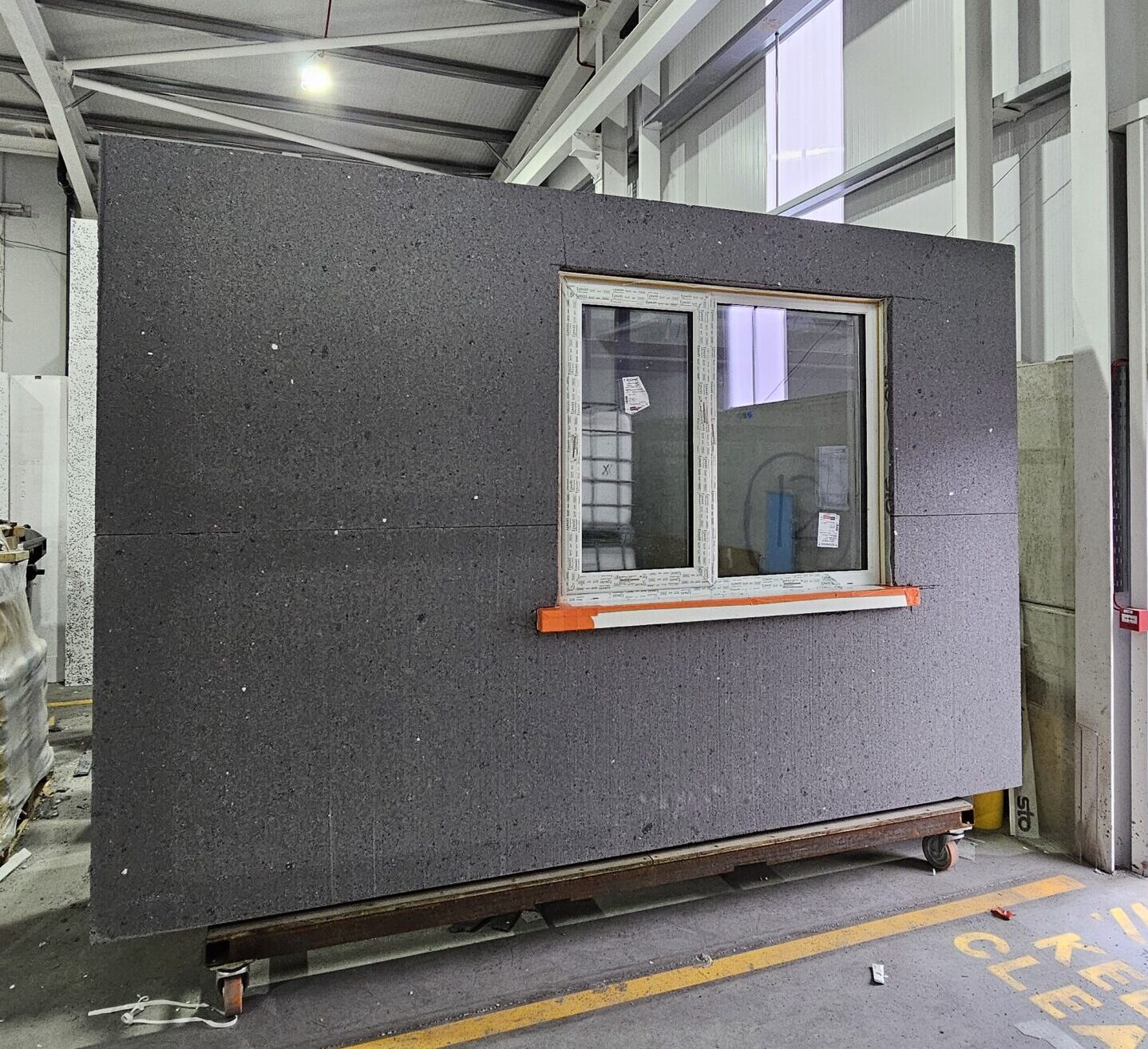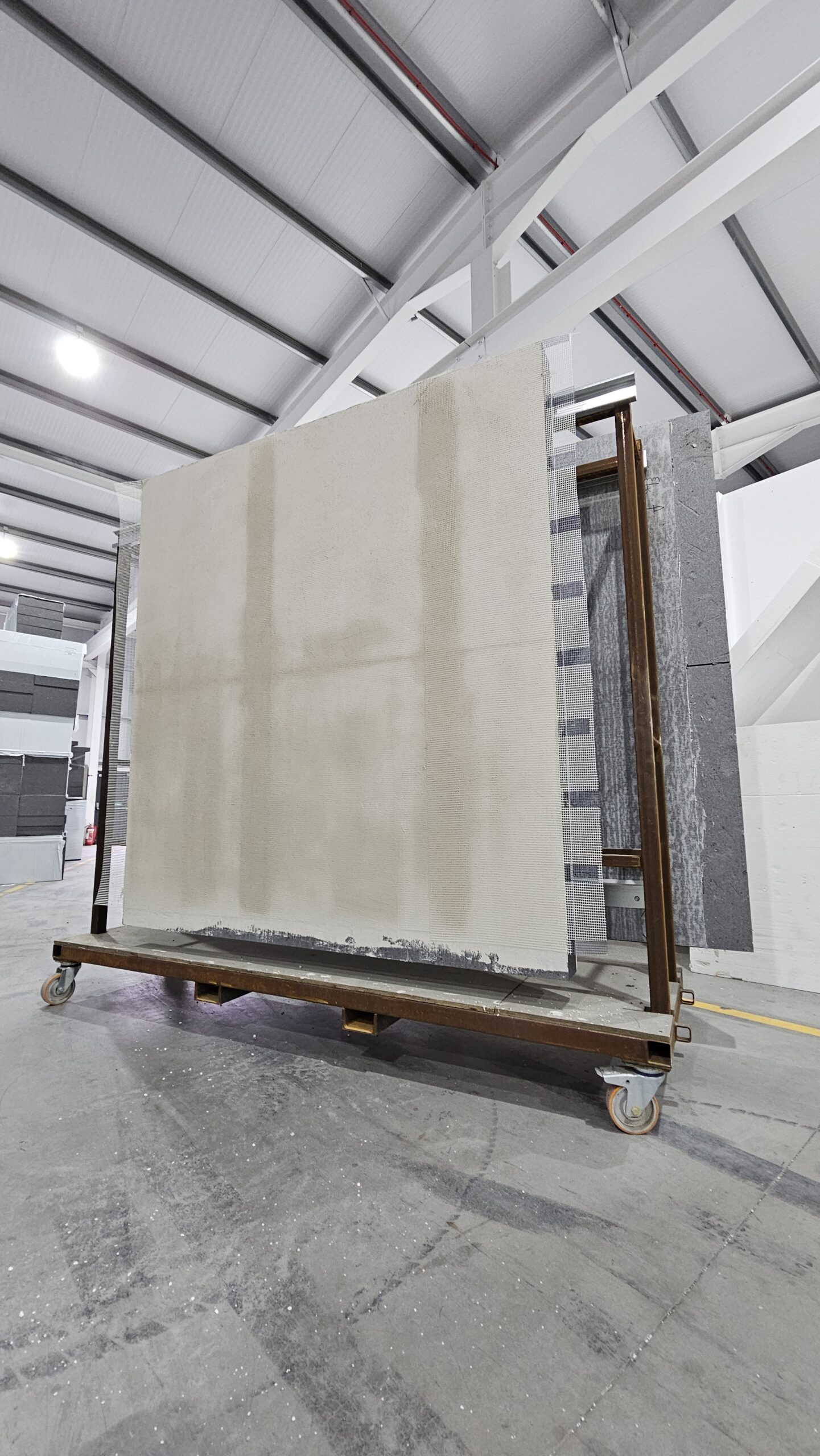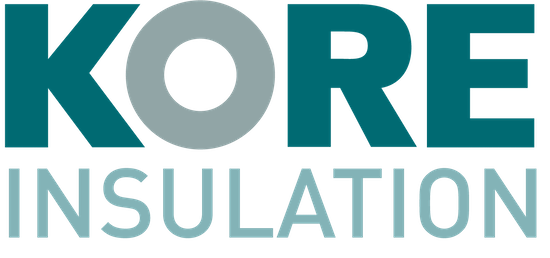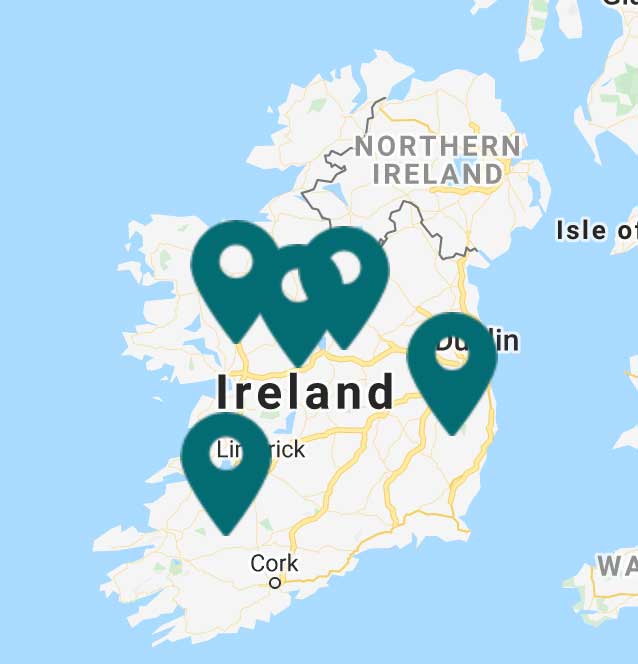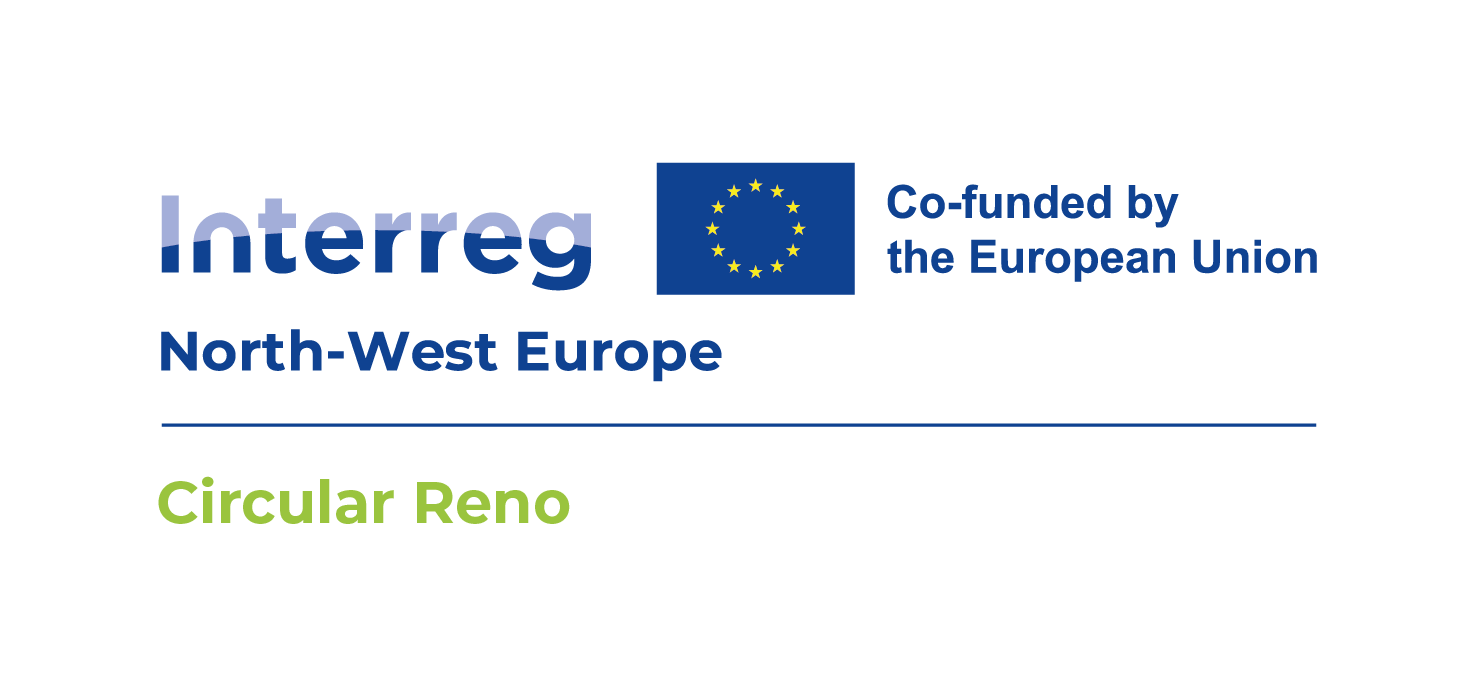developing bio-based and recycled material solutions for deep energy retrofits
Circular Reno is a collaborative European project driving innovation in deep energy retrofits by developing scalable façade and roof systems made from bio-based and recycled materials. With a focus on reducing carbon-intensive raw materials, the initiative supports local value chains, social housing upgrades, and policy reform across five North-West European countries—empowering communities to build sustainably from the ground up.
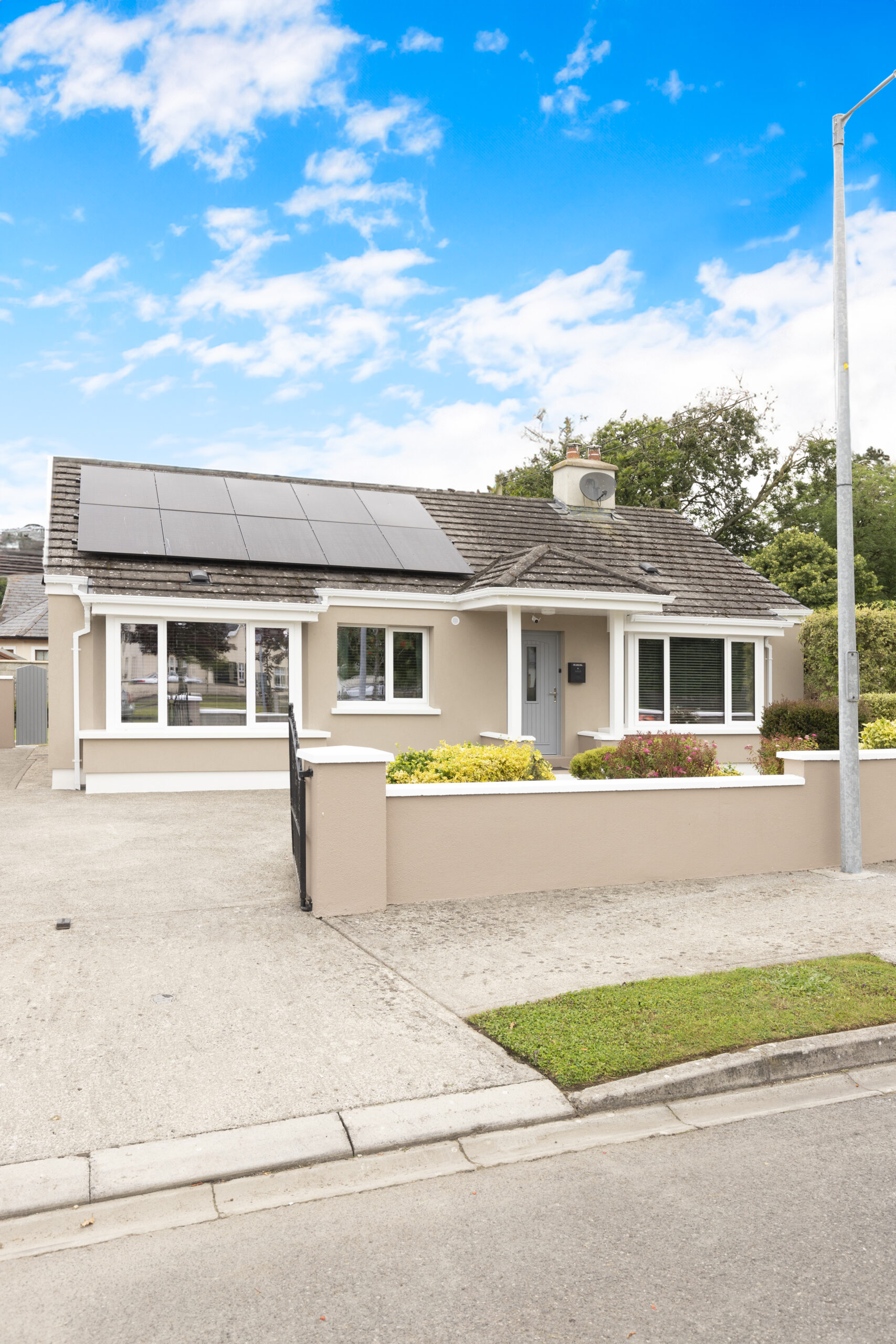
Sustainable Alternatives for Deep Energy Retrofits
Airpacks Ltd t/a KORE Insulation is proud to contribute to Circular Reno, a forward-thinking initiative focused on developing bio-based and recycled material solutions for deep energy retrofits. With the construction sector under increasing pressure to reduce its reliance on carbon-intensive raw materials, this project addresses the urgent need for sustainable alternatives—not only in new builds but also in the rapidly expanding retrofit market across North-West Europe.
Circular Reno is implementing four scalable deep energy retrofit packages for façades and roofs, designed for both collective and individual housing. These systems incorporate a range of bio-based materials including straw, wood, biopolymer, and miscanthus, offering place-based circular solutions that reduce environmental impact while enhancing building performance.
The retrofit packages will be deployed across four pilot sites, upgrading a total of 88 homes within the social housing sector. This real-world application is designed to demonstrate scalability and encourage public authorities to improve market conditions for circular construction. To support this, the project is establishing six cost-effective, locally anchored value chains that bring together key stakeholders:
- Farmers producing bio-based raw materials
- Prefabrication manufacturers for construction components
- Builders and contractors
- Social housing organisations
- Public authorities
These value chains span four countries—Netherlands (three sites), Ireland, France, and Germany—creating a transnational network that supports the production and use of local bio-based materials. Collaboration across borders is essential to develop the necessary support systems, enabling farmers to grow suitable crops and manufacturers to produce high-performance façade and roof panels.
To ensure broad adoption, Circular Reno will also deliver modelling and decision-making tools for stakeholders throughout the value chain. Knowledge-sharing activities will include farm and factory visits, on-site demonstrations of renovated homes, workshops, training sessions, and a dedicated MOOC (Massive Open Online Course). These efforts will be rolled out across Belgium, Germany, France, Ireland, and the Netherlands to build awareness and drive uptake at scale.
In parallel, the project will work to improve building regulation policies at regional, national, and EU levels. Specific efforts will focus on assessing the economic value of carbon storage to strengthen the financial case for bio-based retrofits, and on developing a forecasting tool to help policymakers plan for sustainable material mixes in regional construction strategies.
Circular Reno is delivered by a balanced consortium of partners from five NWE countries—Belgium, Germany, France, Ireland, and the Netherlands. The team includes:
- Four market development organisations
- Four social housing providers
- Four industrial SMEs
- Four expert facilitators
Together, we are driving innovation in retrofit solutions, supporting the transition to a low-carbon built environment, and reinforcing the role of local supply chains in delivering sustainable housing across Europe.
About Circular Reno
Project: NWE0100144 CIRCULAR RENO
Project Acronym: Circular Reno
Project Name: Developing biobased & recycled / reused material solutions for retrofit
Project Coordinator: Building Balance
Project Duration: 2023 to 2026
Project Website: https://circularreno.nweurope.eu/
Funded by Interreg North-West Europe and Co-funded by the European Union.

